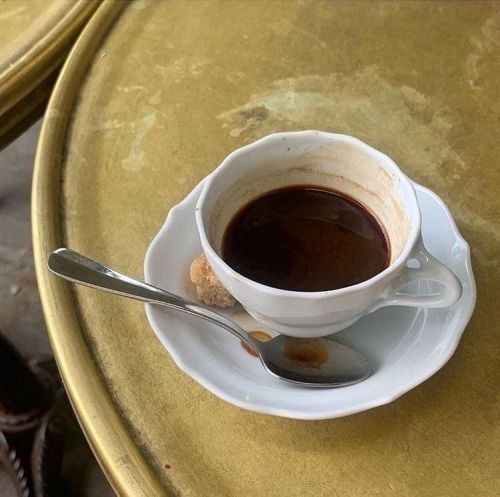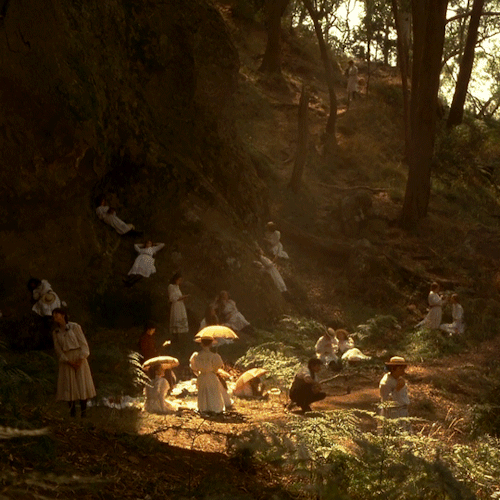Jealousy
Jealousy
Midnight parties in Wimbledon
Sketches of Julius Caesar on idle sheets of paper
Football games in Wales when it’s nearing dusk
Academic trips to South Africa in Spring
Sunsets from Roedean, on Brighton’s coast
Family pictures in front of Rad Cam in Oxford
Sushi dinners and British accents
and boys in black blazers
and evening walks to Grantchester
and Warwick in the summer months and taking pictures of the sun
and hair waving with the onslaught of wind on sunny shores
and Mediterranean villages on the sea
and 4AM strolls in Kensington and Leicester
and dinner dates in Porto Torres
and running through palm-ridden forests
and reading Dead Poets Society and the Secret History in dark corners of rooms with oak wainscoting
and Alexander in Eton tails
and-
To live so much
That I die
When I see you
More Posts from My-dearest-giulia and Others


i love the rare book room at my university




PICNIC AT HANGING ROCK 1975 | dir. Peter Weir
In Greek, "nostalgia” literally means "the pain from an old wound”. It's a twinge in your heart, far more powerful than memory alone. This device isn't a spaceship, it's a time machine. It goes backwards and forwards, it takes us to a place where we ache to go again. It’s not called the wheel, it’s called the carousel. It let’s us travel the way a child travels - around and around, and back home again, to a place where we know we are loved.
Don Draper, “The Wheel”
Why are all the best things I write just flowers and vanilla and sunlight? Honestly, I’ve detected a distinct theme. I’m not sure if I’m complaining. I do like flowers and vanilla and sunlight, and I do enjoy writing different types of light, especially that honey-gold, early-morning sunlight. I just wish I could be that good at writing anything else.
Ahem, I may or may not have read far too many novels recently. How do I know this? I have now developed a slight crush on my academic rival in school. Goodness.
thinking about how orpheus turning to look back at eurydice isn’t a sign of mortal frailness but a sign of love
Diana Giacometti stood on a crowded platform of St. Pancras Station in London, not quite sure what to do with herself. Her suitcases stood next to her, brown leather accents on green fabric. There were three of them, one and a half were occupied by clothes and toiletries, and the rest were other necessities (mostly various books in Italian and English). She also had a matching messenger bag crossing along her front to rest effortlessly on her hip. This contained her phone, a journal, and a battered copy of The Iliad, which was, quite strangely, in modern Greek, a language which Diana did not know, nor the language of the original text.
She’d just gotten off a two-and-a-half-hour train ride from Paris, which she’d taken after a harrowing journey through Europe. Said journey had started with a nearly ten-hour ferry ride from Olbia (in Sardegna, an island off the coast of Italy) to Rome. Then, after staying in quite a classy Roman hotel (at quite an expensive price) for a night, she hopped on an eleven-hour train ride from Rome to Paris. After that, she took a train across the channel to London, and here she was. The worst part of the journey was the fact that she was travelling entirely alone. Now, she was a thirteen-year-old girl standing alone in St. Pancras Station at 9PM.
Two more trains. She took the tube from King’s Cross (the station attached to St. Pancras) to Paddington Station, her first time on London’s infamous subway system. She was a bit sad that she was leaving London before she’d even stepped outside of a train station, but the fact remained that she needed to be at school the next morning.
After arriving at Paddington, she took her last train to Windsor and Eton Central, only a half-an-hour.
Standing in the eerily quiet streets of Windsor at a time which Diana reckoned was quite near midnight, the cold, just-rained air pressing on her; the past few days felt like a fever dream. Paris and Rome and countless views of European countryside blurring together while clashing with the shiny, linoleum trains and stations, and processed snacks from overpriced stores. She hadn’t seen very many travelers her own age. A band of three British boys, a scared Danish girl, and no less than five French siblings traveling with their mother.
She thought now that she might’ve stood out quite plainly in the crowded European stations, a middle-school-age girl in a tweed jacket standing idly. She’d sometimes whisper lines of the Greek in her copy of The Iliad, sounding out words and phrases that she didn’t know the meaning of. This invariably startled anyone seated near her, while simultaneously shutting her up for the foreseeable future.
Well, now might be a good time to describe the way that Diana looked. She had chocolate hair that poured from her head in coils and swirls, draping itself across her shoulders in a charming way. Her nose was a bit big, and a light, red blush stretched across the middle of her face, like a cat lounging in the sun. Her face was harsh but not ungraceful, an elegance hidden in the way she composed her features. She had large, red lips that complemented her face perfectly, along with unkempt but not untidy eyebrows that arched slightly. Her large eyes were a deep blue, a sea of dark waves, outlined by long eyelashes.
I might also tell you of her character here. It was not unlike the harsh, beautiful Greek that she read from that book. Her voice was eloquent, even-tempered, and she commanded respect around her. The wall that she placed between herself and the world was almost unnoticeable, her façade pinned up on it. She seemed sure of herself and what she said, kind at moments when you’d least expect it, nearly perfect to most people. Some thought her cruel and cold, while others thought her too loud with her opinions, but most saw this perfect self that she had instructed herself to portray.
In reality, she was afraid. She was afraid of herself. She was afraid at every minute that she’d say the wrong thing, wear the wrong outfit, tell the wrong lie. Who she was changed slightly from person to person, and she hated it. The wall of lies she built was splotchy and built of different materials at different sections, having been carefully constructed for years. She prayed that everyone thought they were looking at the same wall, that no one would dismantle it, brick by brick, or knock it over, sending it crashing down on her. Clermont was her opportunity to paint over it all in one stroke.
Only one person had ever managed to build a back door to this wall, and he was dead. It was his Greek book that she carried around, complete with his annotations in a mix of Greek, English, and Italian. She’d catch herself running her thumb over the words scrawled in the margins of that book, knowing that he’d written them all those months ago.

Italian dialects alignment chart
-
 my-dearest-giulia liked this · 2 years ago
my-dearest-giulia liked this · 2 years ago -
 my-dearest-giulia reblogged this · 3 years ago
my-dearest-giulia reblogged this · 3 years ago

